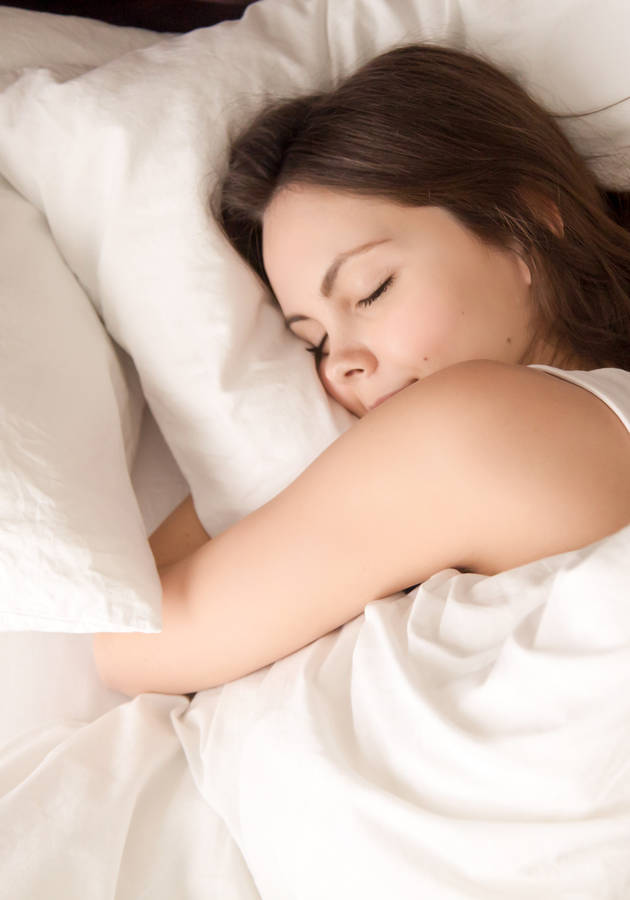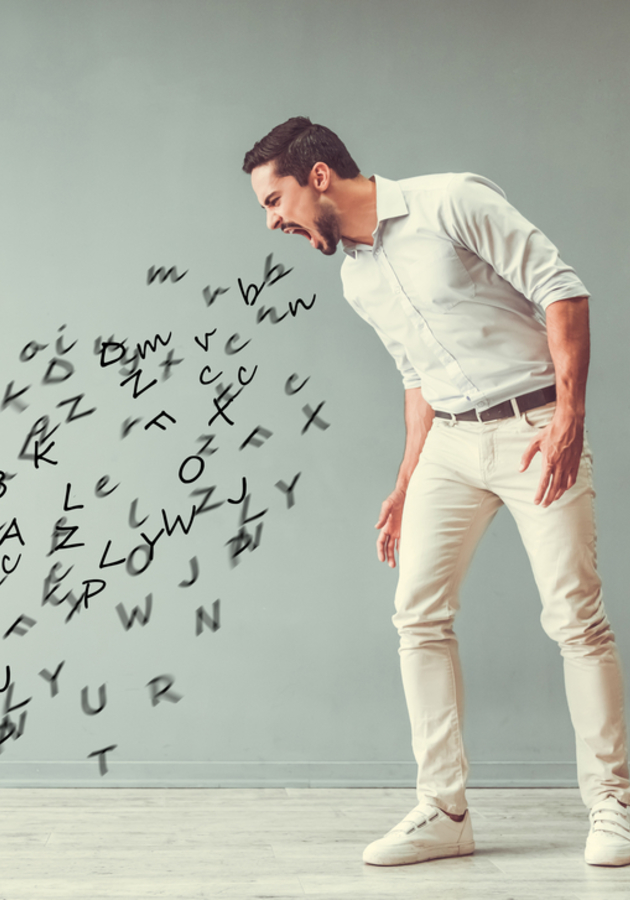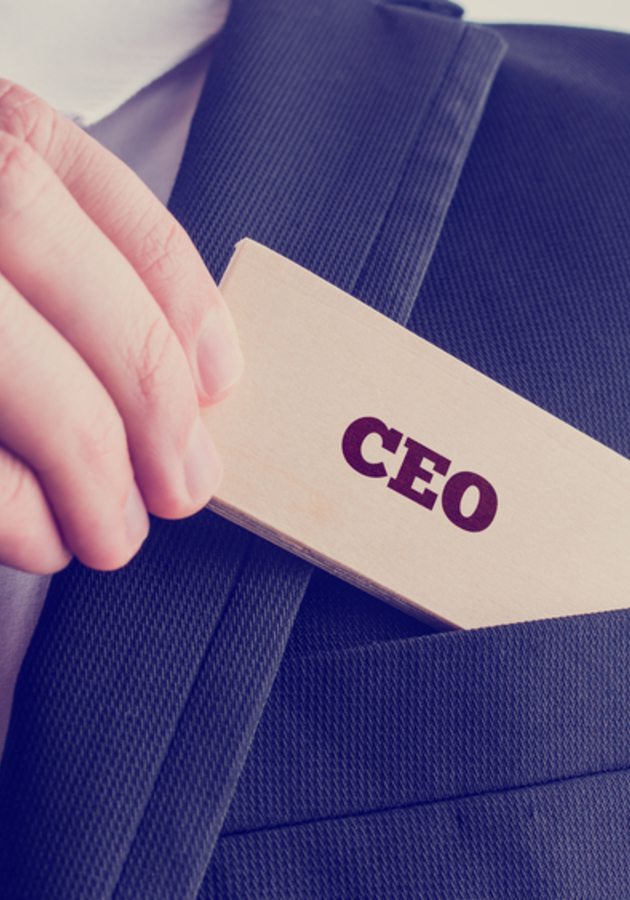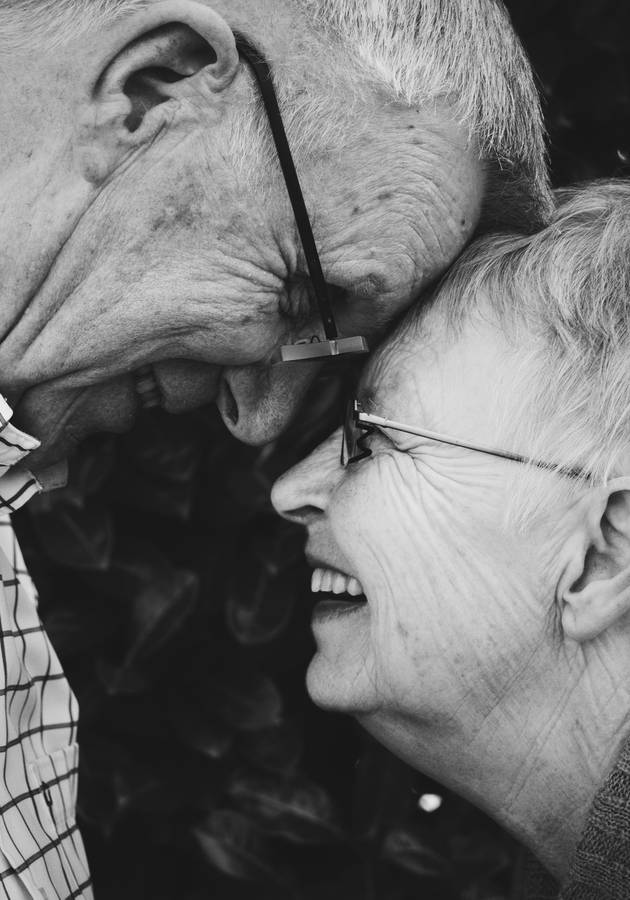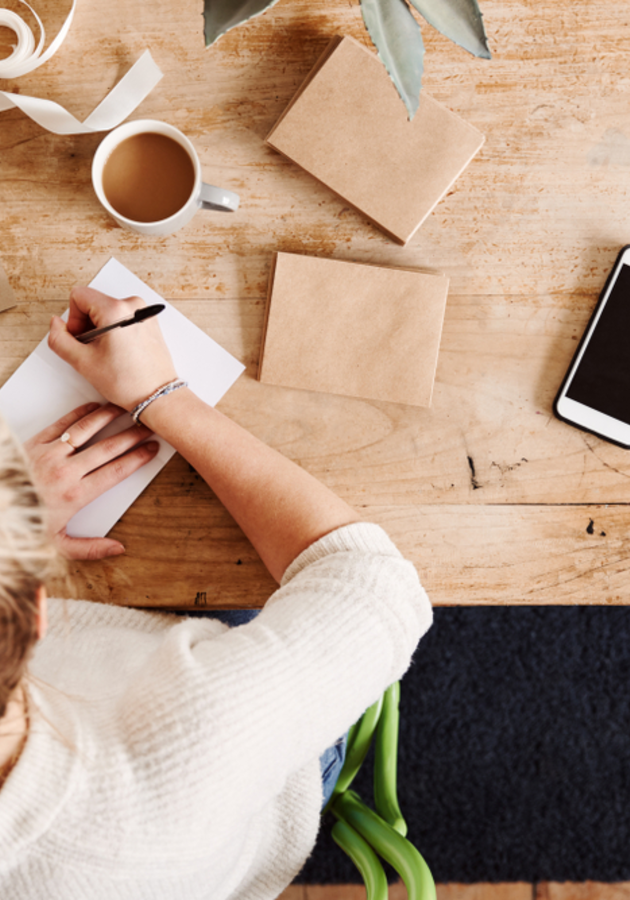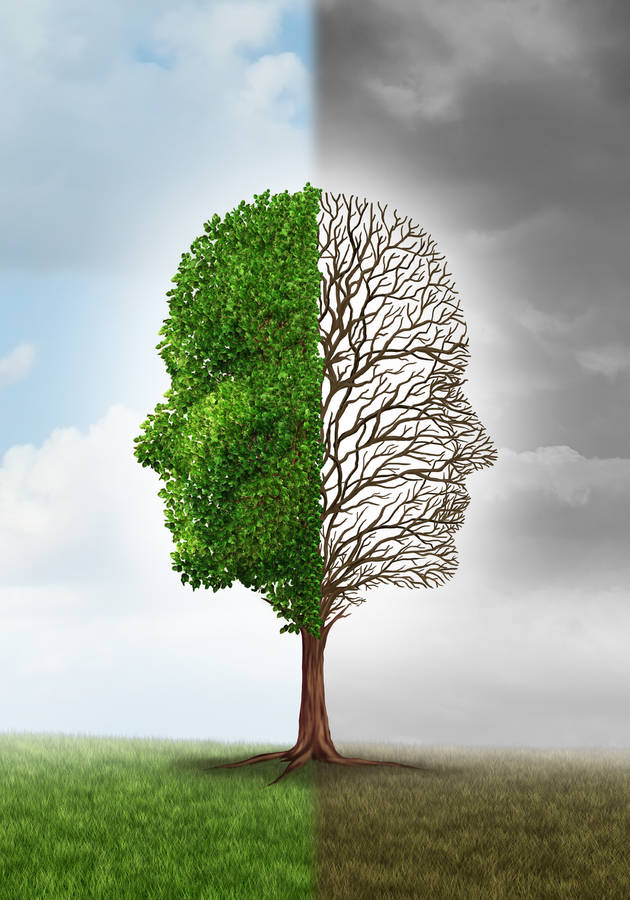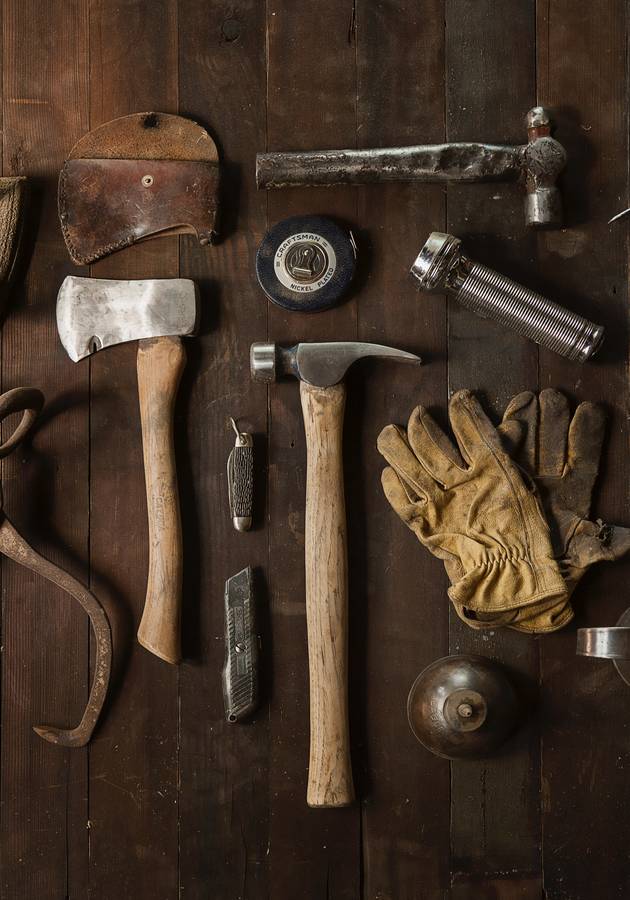What is your relationship with sleep? Do you feel like you’re missing out when you sleep? Is sleep the first thing you cut to make time for other engagements? If so, then you – like many others, including Arianna Huffington – have bought into the popular belief of sleep as a waste of time.
In our modern, ever-connected, and always working world, sleep seems to have become a waste of time. But contrary to popular belief, sleep deprivation does not enhance work performance – it actually has dire long-term effects on your physical and mental health.
So, get ready to discover why you should work less and sleep more – and prepare to learn why you must rethink your relationship with sleep today!
The sleep crisis
In 2015, Sarvshreshth Gupta was a first-year analyst at Goldman Sachs in San Francisco. One night, he called his father at 2:40 a.m., telling him he hadn’t slept in two days but had too many work commitments to go to sleep at that moment. In the morning, Gupta was found dead in front of his flat building. He had jumped to his death.
We live in an age of workaholism: getting little sleep is widely regarded as a key to success. “Death from overwork” has even gotten its own words in Japanese, Chinese, and Korean – cultures notorious for their emphasis on working long hours.
Far from being superfluous though, “sleep is a time of intense neurological activity – a rich time of renewal, memory consolidation, brain and neurochemical cleansing, and cognitive maintenance.” Consequently, sleep deprivation affects your mental and physical health: according to professor Till Roenneberg from the Ludwig-Maximilians University in Munich, it reduces your cognitive performance, your memory capacity, your social competence, and your performance.
Before she started a personal sleep revolution, Huffington often reached levels of tiredness that prevented her from recognizing her own exhaustion. It was a vicious cycle: she was not only making bad decisions, but she was also unable to recognize her incompetence. Not long after she decided to alter her sleeping habits, she realized that she was never an exception: from London to Paris, New York to Los Angeles, Tokyo to Berlin – sleep deprivation has apparently become the new lingua franca. It’s time we rewrote its grammar.
Time for a global sleep revolution
Prolonged sleep deprivation is akin in symptoms to being drunk. Case in point, an Australian study found that being awake for 17 to 19 hours on end – a normal day for the majority of people – has the same effects on one’s cognitive abilities as having a blood-alcohol level of 0.05%, which, in many US states, is just under the legal limit to drive. To make the connection even more striking – one American falls asleep at the wheel every second! In other words, just like alcohol, sleep deprivation doesn’t only negatively affect your wellbeing, but it also poses a threat to others.
Mika Brzezinski – co-host of MSNBC’s “Morning Joe” – knows a lot about these possible catastrophic implications. In her 2010 memoir “All Things at Once,” she describes how, back in 1996, she had to rush her 4-month-old daughter into hospital. Her baby was conscious but not moving from the chest down, so spinal cord damage was suspected. Brzezinski collapsed in tears: in an extremely sleep-deprived state, she had carried her daughter in her arms and fallen down a flight of stairs. Luckily, her daughter got away with a broken femur, but the event was a wake-up call for Brzezinski. Ever since then, she started focusing less on work and more on sleep.
The sleep crisis affects all areas and walks of life. Children perform worse in school when they have to get up early, as do adults at work, and students in college. Even athletes perform better after a good night’s rest. Approaching sleep with a new and different mindset is crucial – sleeping more and sleeping better is a matter of health and progress, and even one of life and death.
What happens when we sleep?
Sleep can be seen as one of humanity’s great unifiers since it defines all our lives from birth to death. But what actually happens when we sleep?
Our bodies regulate both sleep and wakefulness with the help of two complementary systems: the sleep/wake homeostasis and the circadian rhythm. Sleep/wake homeostasis responds to internal cues and balances sleeping and waking: the longer we sleep, the more likely we are to wake up; and the longer we’re awake, the sleepier we get. Contrariwise, our circadian rhythm – our “body clock” – responds to external cues. Regulated by melatonin, it needs continuous input in the form of natural light to be calibrated; its entire cycle roughly corresponds to one 24-hour day.
Within this cycle, sleep rhythms are fluid and when and how much we need to sleep changes over time. According to experts from the American Academy of Sleep Medicine and the Sleep Research Society, the recommended healthy amount of sleep for individuals between the ages of 18 and 60 is a minimum of seven hours. Seven hours are just enough for an individual to go through each of the four stages of sleep:
- Light sleep. A transitional stage between wakefulness and sleep, during which our eyes and muscles are still moving and we can easily wake up.
- Slightly deeper sleep. The second stage is characterized by a decrease in core body temperature, as well as the slowing and stopping of eye movement.
- Delta sleep. In stage three, our brain starts producing slow, high-amplitude delta waves. This is our deepest stage of sleep: if anyone wakes you while you are in a slow-wave deep sleep, you’ll likely be groggy and disoriented.
- REM sleep. Characterized by rapid eye movement – hence, its name – the fourth and final phase of sleep happens about an hour after we fall asleep. During it, our muscles are essentially paralyzed, and our brains start producing one of the greatest mysteries of nature: dreams.
Technology and sleep
As much as dreams are interesting, some other things that happen while we sleep are even more fascinating. “Sleep is essentially like bringing in the overnight cleaning crew to clear the toxic waste proteins that accumulate between brain cells during the day,” Huffington explains. This has been shown to reduce the risk of getting some diseases – Alzheimer’s, for example. The same process boosts our memory, as well as our ability to learn new skills and emotionally process information. In short, sleep is like a restart button on a computer: it allows us to step out of our daily worries, recharge and wake up refreshed.
Speaking of computers, one thing regularly getting in the way of a good night’s sleep is our addiction to technology. As Huffington writes, “the fact that the communication device we use for our personal lives is also a portal to our professional lives means it’s harder than ever to stop working.” According to a 2015 survey, 71% of Americans sleep with or next to their smartphones. This is especially worrying since technological devices emit blue light, which encourages rises in melatonin levels and therefore keeps us awake. On top of that, the way we use our technological devices impedes sleep as well – especially social media builds up emotional stress, which makes it harder for us to fall into a restful sleep.
Paradoxically, technology can also help with bettering our sleep. Sleep technology has made great advances in recent years and can now help to analyze and enhance sleep. So-called wearable technology and sleep apps can track your sleeping rhythms, and sleep-centric hardware such as smart earplugs can help positively influence your sleep experience. Sleep tracking is not essential for your personal sleep revolution, though: Huffington did quite well without it!
Sleeping together
In the modern world, getting enough sleep feels next to impossible: the demands of everyday life are so numerous that it may feel as though you do not have enough time in your day to fit in everything you need to do. So, you sacrifice the only thing without a deadline – your sleep.
Unfortunately, even if you do find the time for a seven-hour sleep, it’s not like you’re sleeping alone most of the time. On the contrary, for the majority of people, going to sleep involves coordinating bedtime with a partner – something that many popular books on sleep tend to overlook.
And yet, sleep and love are intricately linked. A 2014 study from the University of Hertfordshire showed that 94% of couples sleeping with their bodies touching were happy in their relationship, compared to 68% of those who didn’t touch. So, if your sleep rhythm is incompatible with that of your partner – or you find yourself having a fitful sleep next to them – separate bedrooms may be the better solution for both. However, don’t get rid of mutual prebedtime routines, as these create intimacy in a relationship.
Snoring is one of the main reasons for partners to sleep in separate beds. If you cannot get your partner to stop snoring, it might be worth trying to change your view of it: try seeing snoring as white noise. That way, your partner’s snoring might actually lull you to sleep!
No time to sleep? Try a nap!
Even with your greatest efforts, external factors might still prevent you from getting a good night’s sleep – such as small children, jet lags, or nights out with friends. Naps can help with that. The benefits of napping almost equal those of getting a quality sleep and can alleviate some of the negative long-term effects of sleep deprivation. In addition to increasing your learning power, napping can also decrease your blood pressure, thus reducing the risk of heart attacks!
According to scientists, the best time to nap is in the early afternoon – but naps are effective regardless of when you can fit them into your busy schedule. At The Huffington Post headquarters, napping is even actively encouraged during the workday, and so-called nap rooms have also been introduced. Other companies such as Ben & Jerry’s and Nike have followed suit, so it’s safe to say that the sleep revolution is on its way to conquer the workplace – and win a resounding victory for the sleep-deprived workers of the world!
10 practical ways of improving your sleep
If you want to start your own sleep revolution, here are some helpful tips:
- Turn your bedroom lights down in the late evening and use low-wattage incandescent light bulbs in the bedroom.
- Be mindful of your use of technological devices. If you use them right before bedtime, reduce the blue light exposure through apps such as f.lux.
- Make sure your bedroom is well-aired and cold.
- Regular physical activity can improve your sleep. Twenty to thirty minutes exercise, at least five days a week, can make all the difference: try walking, hiking, running, biking, gardening, golf, or even taking the stairs instead of the elevator. Small changes make all the difference!
- Eating habits can influence the quality of your sleep. Avoid caffeine in the late afternoon and don’t eat big meals right before bedtime!
- You can try acupuncture for better sleeping: hold acupressure points on your heels, ankles, and wrists and breathe deeply.
- Herbs such as lavender or valerian root have a calming effect. They can be consumed as tea or dripped onto a pillow as essential oils; you can experiment with various essential oils for the purpose.
- Meditation can help you get into a calmer frame of mind as well as overcoming fears or anxieties. Some apps to help you sleep: Headspace, iSleep Easy, or Fade and Hello from Buddhify. But remember, no app is going to help you to cram eight hours of sleep into four!
- Create a gratitude list or use breathing exercises to get into a calmer frame of mind. Write a to-do list for the next day to empty your mind before going to sleep.
- Have a dedicated bedtime ritual. Remember, everyone’s sleep pattern is unique, so your bedtime ritual can include any combination of the tips mentioned in this list.
Final Notes
Painstakingly researched and illustrated with examples, data, and statistics, Arianna Huffington’s book is full of information on why, how, when, and where we sleep. It includes an appendix with a sleep quality questionnaire, guided meditations, and the best hotels to stay at for a good night’s sleep.
When reading this book, you will find yourself refocusing your life around sleep – and so you should, as it will undoubtedly increase not only your own wellbeing but that of those around you as well. The sleep revolution has begun!
12min tip
Be mindful of your sleep patterns – are you getting enough sleep? Try out some of the practical tips to help you go to sleep and enjoy the benefits of a restful night!
